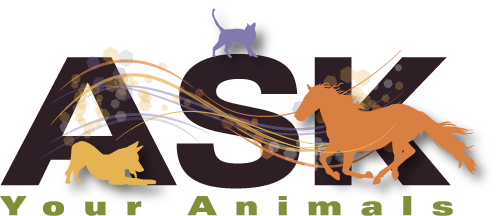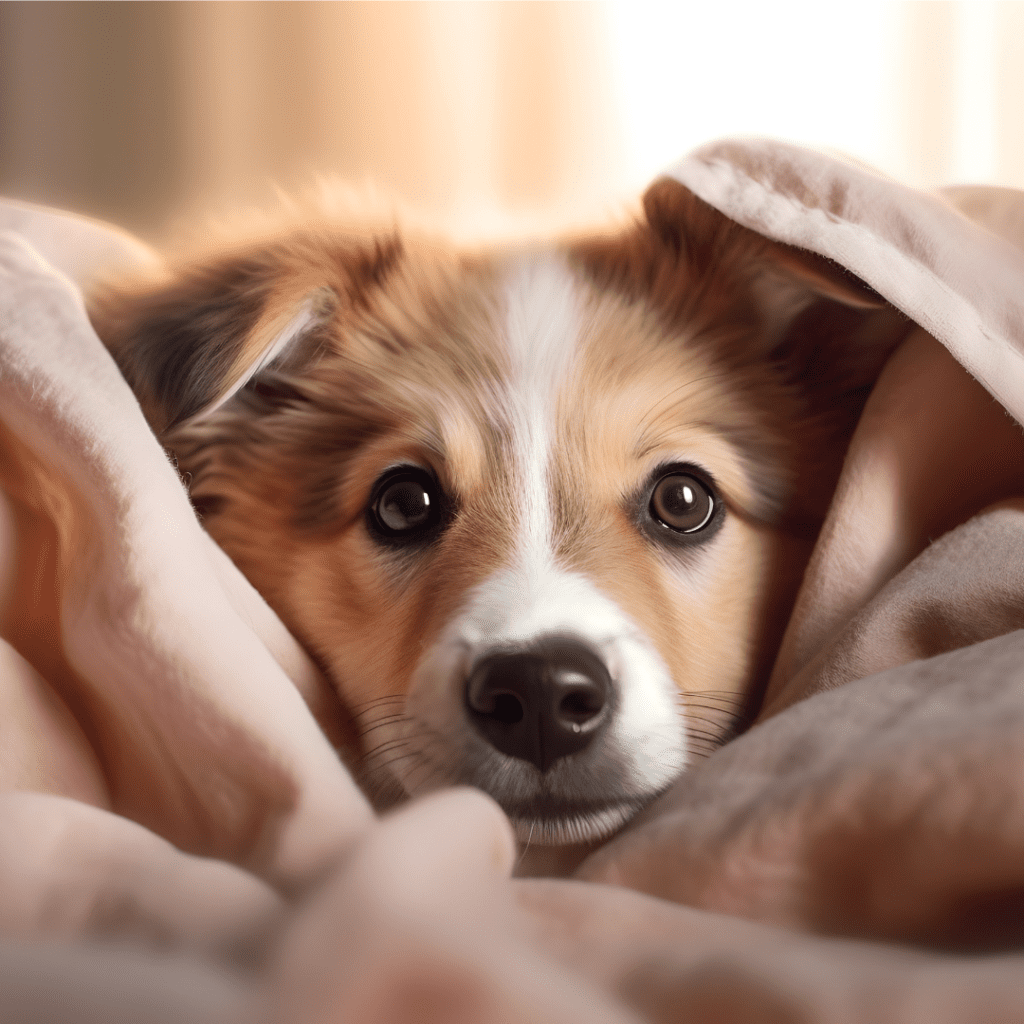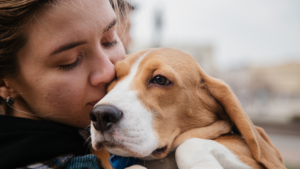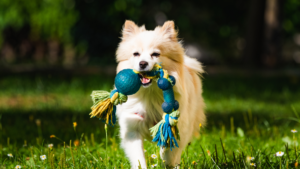Protecting animals from fireworks is crucial during celebrations like New Year’s Eve, Independence Day, or any other events involving fireworks. With Independence Day falling on a Tuesday this year, we’re in for several nights of celebration by those around you. This means that not only do we need to be mindful of our pet’s safety on July 4th, but we also need to be mindful days before and after. The loud noises, bright lights, and sudden bursts can cause extreme stress and anxiety for animals, leading to panic, injuries, or even escape attempts.
Here are some steps you can take to help protect animals from fireworks:
- Keep animals indoors: The best way to ensure the safety of your pets is to keep them inside your home during firework displays. Close all windows, curtains, and doors to minimize noise and block out the flashes of light. Provide a safe and comfortable area for them, such as a cozy room or their crate, where they feel secure.
- Create a calming environment: Reduce the impact of fireworks by creating a calm and familiar environment for your pets. Play soothing music or turn on the TV to drown out the noise. Use white noise machines or calming pheromone diffusers specifically designed for pets to help create a peaceful atmosphere.
- Stay with your pets: If possible, stay home with your animals during fireworks displays. Your presence and reassurance can provide comfort and alleviate anxiety. Avoid leaving them alone, as their panic may lead to destructive behavior or escape attempts.
- Provide a safe space: Make sure your pets have a safe place to go if they feel scared. This could be a familiar room or their crate, equipped with their favorite bedding, toys, and treats. Creating a den-like environment can help them feel protected and minimize their stress.
- Use positive distractions: Engage your pets in activities or playtime before the fireworks begin to tire them out. Offer interactive toys or treat-dispensing puzzles to keep them occupied and redirect their focus away from the noise and lights. Mental stimulation can help alleviate anxiety.
- ID tags and microchips: Ensure that your pets are wearing identification tags with updated contact information. If they manage to escape or become lost, this will increase the chances of a safe return. Additionally, consider microchipping your pets and keeping the registration details up to date.
- Consult a veterinarian: If your pet has an extreme fear of fireworks, consult a veterinarian. They may recommend various options, including anxiety-reducing medications, natural remedies, or behavioral training techniques to help your pet cope with the stress.
- Inform neighbors: If you know in advance about upcoming fireworks displays, inform your neighbors about the potential impact on pets. This can encourage them to be mindful and take precautions as well.
- Inform authorities: Contact local authorities or event organizers to advocate for quieter or alternative fireworks displays that are less distressing to animals. You may even want to educate yourself about the effects that fireworks have on wildlife and domestic animals so that you can be more persuasive. For instance, the combination of deep percussion and vibration hinders a bird’s navigation abilities. Additionally, SFGate reported on studies that showed that birds leave their nests when fireworks explode, which leaves their eggs vulnerable to predators. As a result of these findings, some towns have banned traditional fireworks displays.
By following these measures, you can help protect animals from the anxiety and stress caused by fireworks. Remember to be patient and understanding, as each animal may respond differently. Your care and attention will go a long way in ensuring their well-being during these festive occasions.



